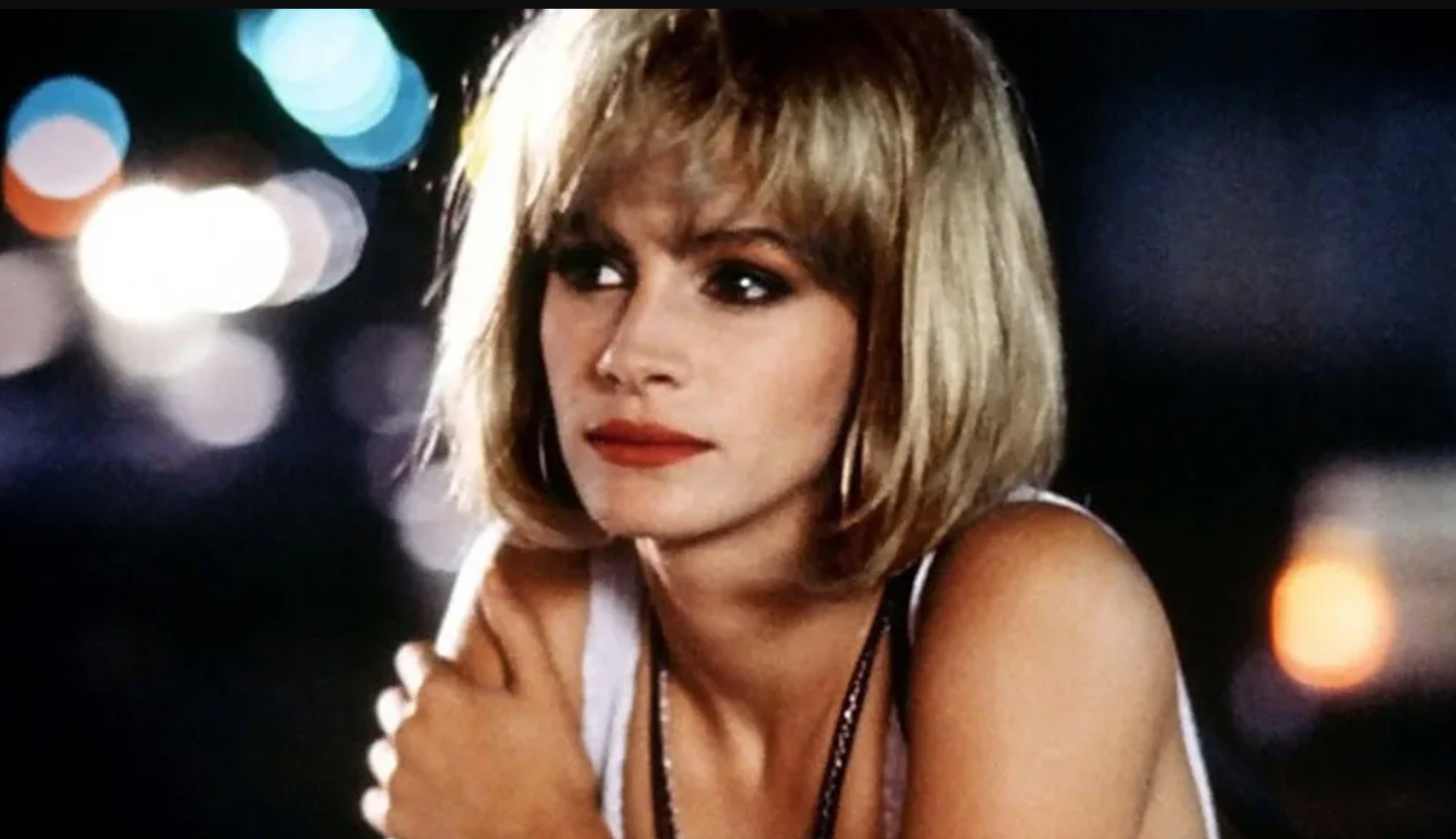
It’s hard to imagine anyone else playing some of the most iconic roles of the 90s, but Hollywood casting is often a game of “what ifs.” Before these characters became synonymous with the actors who portrayed them, several other big names had the chance to take on these memorable parts — and turned them down. Whether it was due to scheduling conflicts, a lack of interest, or just plain bad luck, these missed opportunities might have changed the entire landscape of 90s pop culture. From blockbuster hits to cult classics, let’s take a look at the surprising roles that nearly went to different stars and how those choices shaped movie history.
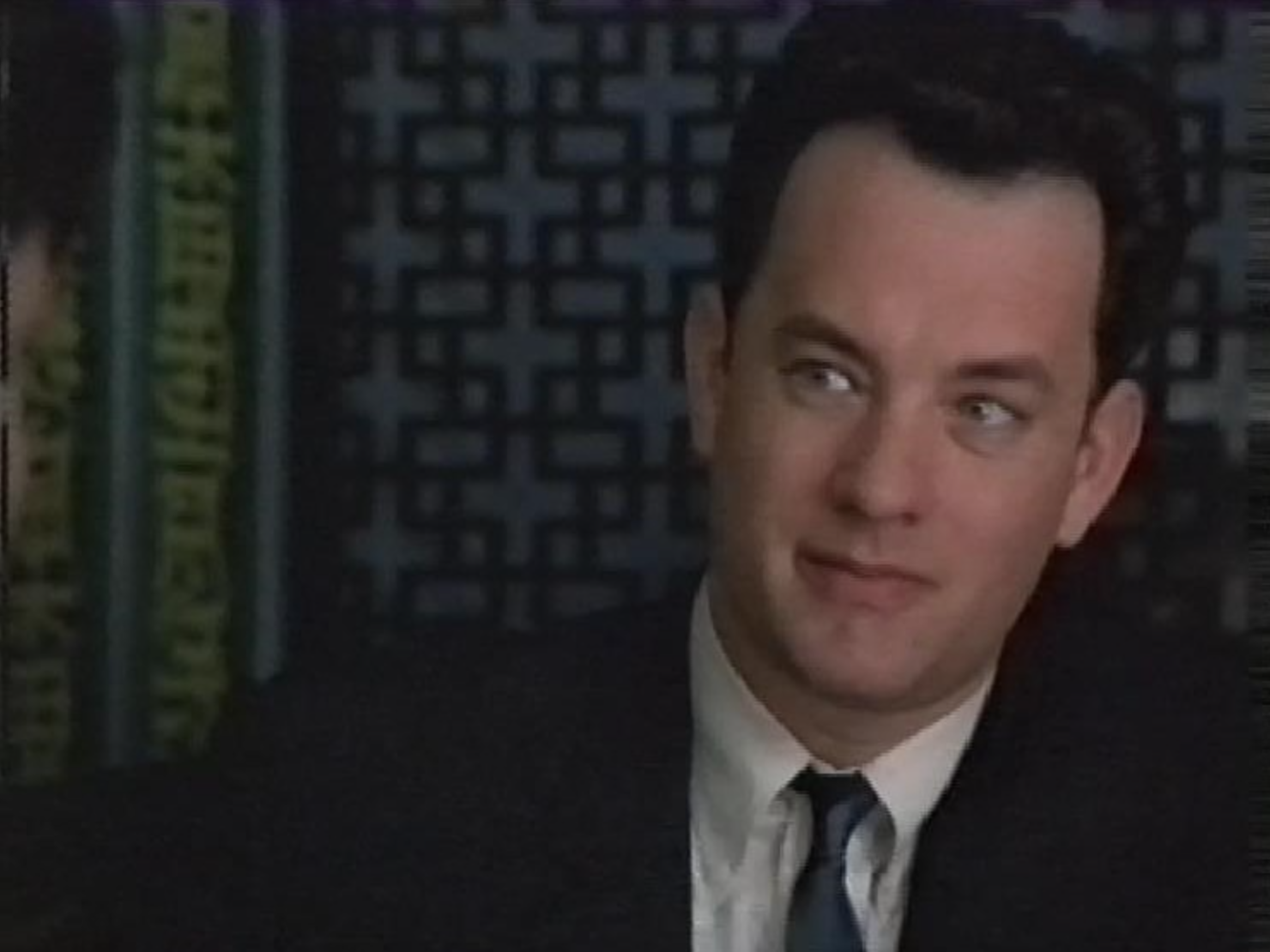
Can you imagine anyone but Tom Cruise playing Jerry Maguire? It’s hard, right? Originally the part was offered to another Tom — Tom Hanks. Hanks was fresh off back-to-back Oscar wins for Philadelphia and Forrest Gump, and his wholesome, everyman appeal made him a natural fit for the role. However, Hanks was busy with directorial projects and opted out, paving the way for Tom Cruise. Cruise brought a distinct intensity and vulnerability to the role, making “Show me the money!” an unforgettable catchphrase. While Hanks might have added his signature warmth, Cruise’s portrayal gave the film its frenetic, electric energy.
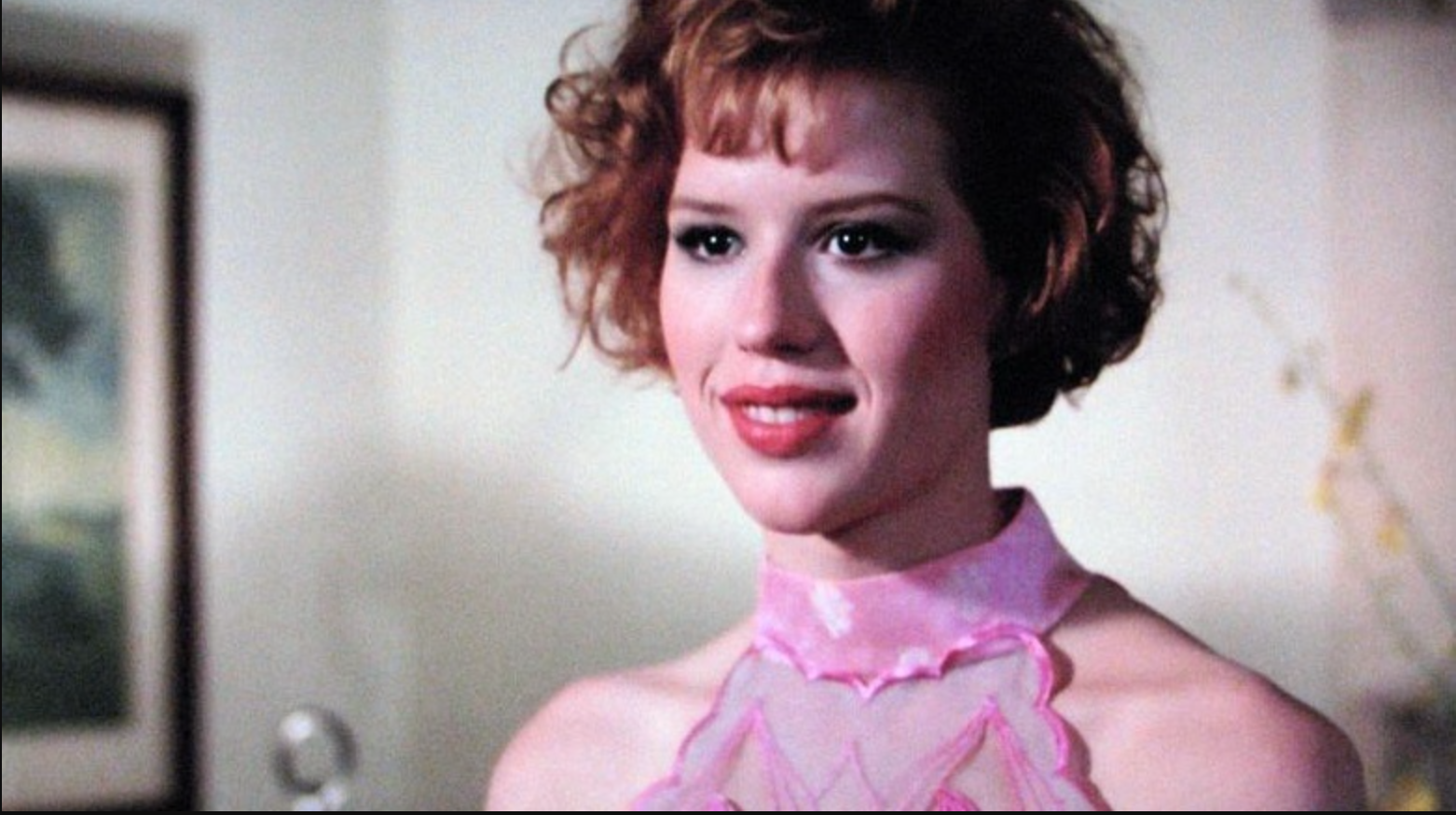
Before Julia Roberts became America’s sweetheart with her role in Pretty Woman, the part of Vivian Ward was offered to 80s teen icon Molly Ringwald. Ringwald, known for her roles in The Breakfast Club and Sixteen Candles, turned down the film because she felt uncomfortable with the script’s depiction of sex work. The role instead went to Julia Roberts, who earned her first Oscar nomination and skyrocketed to fame. It’s fascinating to think how the film might have played out with Ringwald — her casting could have brought a different edge, but it’s hard to beat Roberts’ blend of vulnerability and charisma.

John Travolta was the first choice to play Forrest Gump, but he turned it down to star in Quentin Tarantino’s Pulp Fiction instead. While Travolta’s choice gave him a career resurgence, it opened the door for Tom Hanks to deliver one of the most iconic performances of the 90s. Travolta’s more flamboyant style might have changed the tone of the film, making it less grounded. Hanks’ performance, with its understated sincerity, became the emotional core of Forrest Gump, turning the film into a beloved classic and cementing its place in Hollywood history.

Before Brad Pitt became Detective Mills in David Fincher’s Se7en, the role was offered to Denzel Washington. Washington turned it down because he found the script too dark and disturbing. In retrospect, Washington admitted that he regretted the decision after seeing the finished film. Pitt’s portrayal of the young, brash detective plays off Morgan Freeman’s stoic veteran perfectly, but it’s intriguing to imagine Washington’s dynamic intensity in the role. The film might have had an entirely different flavor with Washington, possibly leaning more into the psychological thriller genre.

The role of Clarice Starling in The Silence of the Lambs was first offered to Michelle Pfeiffer, who turned it down due to the dark subject matter. Pfeiffer’s rejection led to Jodie Foster taking on the role, which earned her an Academy Award. Foster’s reserved, cerebral performance helped make the film a psychological masterpiece. Pfeiffer, known for her strong, magnetic presence, might have brought a different energy to the film, but Foster’s subtle portrayal made Clarice Starling a definitive and enduring character in film history.
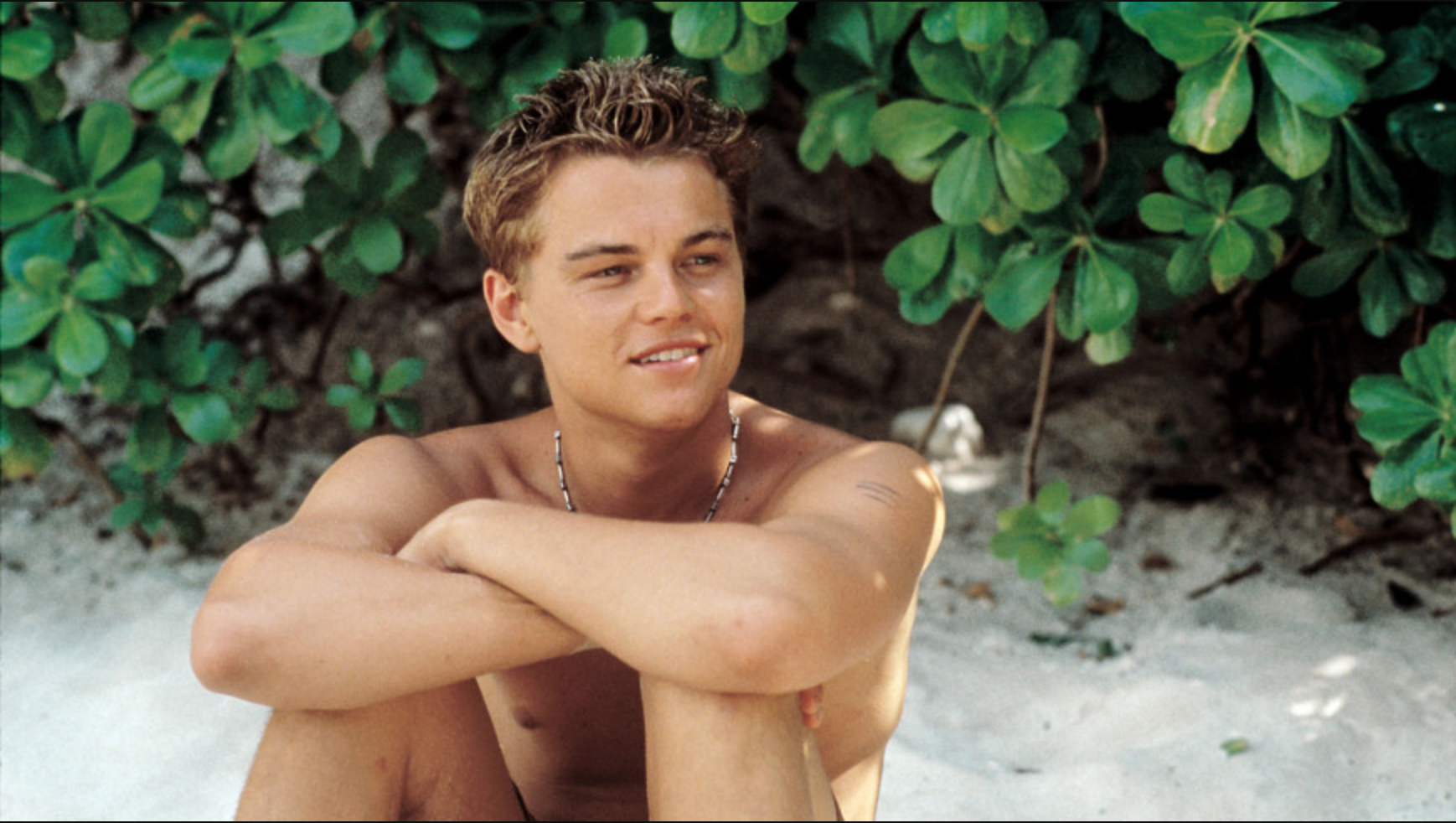
Although technically released in 2000, the casting choices for American Psycho dominated 90s Hollywood buzz. Leonardo DiCaprio was initially cast as Patrick Bateman, but he dropped out after concerns were raised about his young fan base and the film’s violent content. Christian Bale eventually took the role, delivering a performance that was both chilling and darkly comedic. DiCaprio’s boyish charm could have made Bateman even more disarming, but Bale’s intense method acting brought a cold, unnerving edge to the character, turning the film into a cult classic.
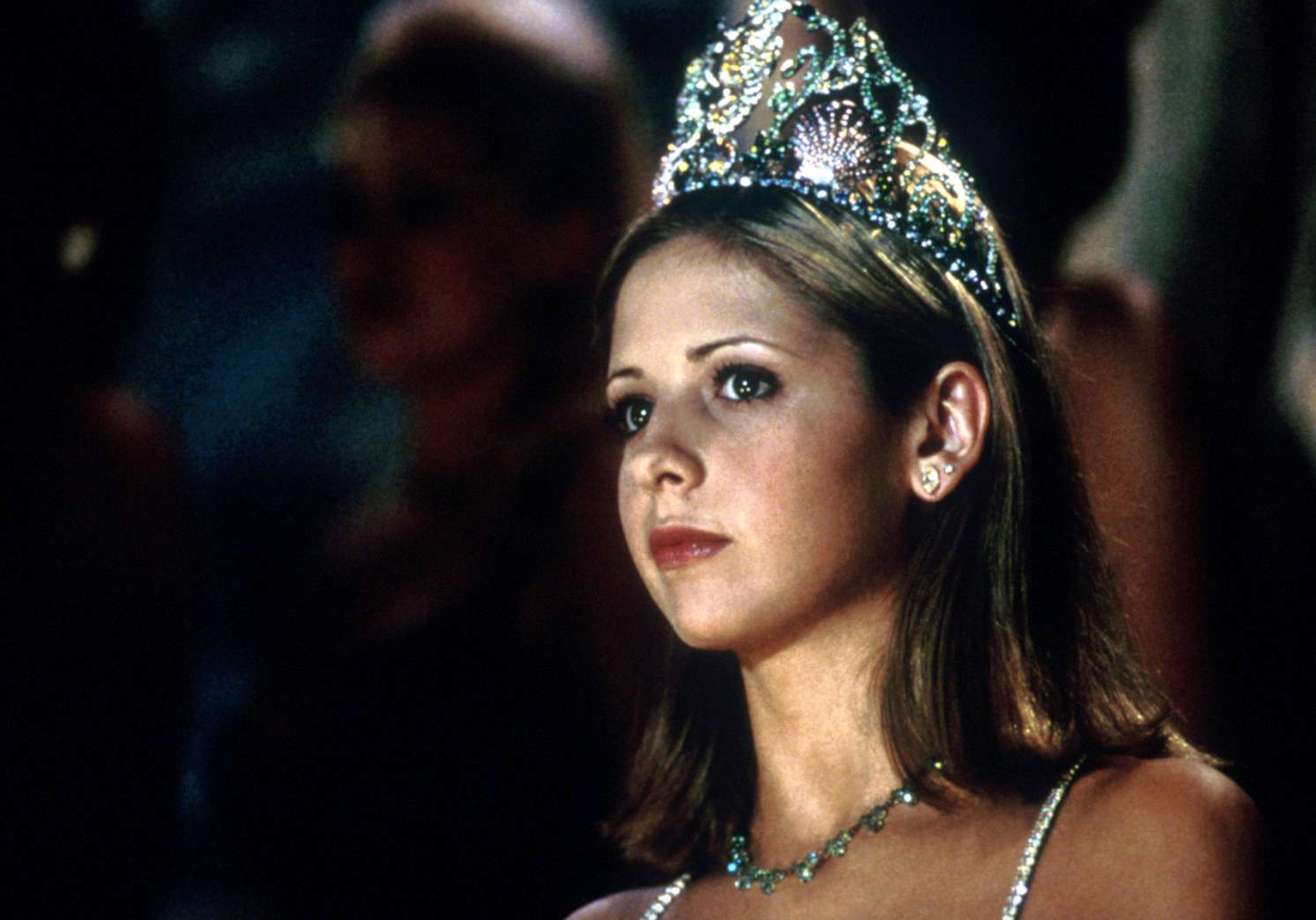
Before Jennifer Love Hewitt became the scream queen of the 90s, the role of Julie James in I Know What You Did Last Summer was offered to Sarah Michelle Gellar. Gellar, who was busy filming Buffy the Vampire Slayer, turned down the lead role but ended up playing Helen Shivers, Julie’s friend. It’s interesting to consider how the movie might have played out if Gellar had taken the lead. Hewitt’s relatable vulnerability contrasted well with Gellar’s more confident, brash performance as Helen, making the dynamic between the two characters one of the film’s highlights.
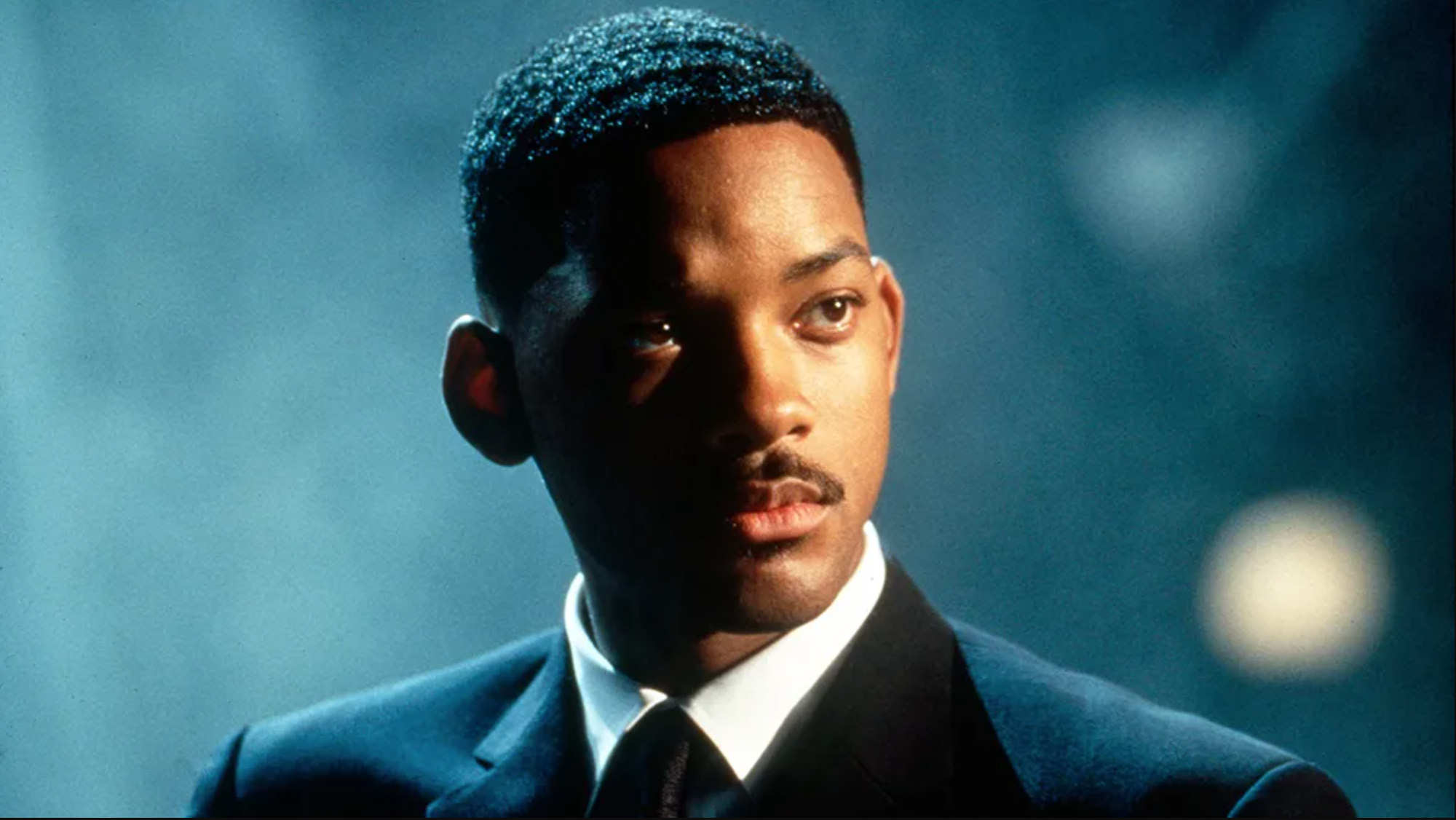
One of the most famous missed casting opportunities of the 90s, Will Smith turned down the role of Neo in The Matrix to star in Wild Wild West. Smith later admitted that he didn’t fully grasp the innovative concept of the film. Keanu Reeves brought a subdued, almost zen-like quality to Neo that fit perfectly with the film’s mind-bending narrative. While Smith’s charisma might have brought a different energy, Reeves’ understated performance helped anchor the film’s complex philosophical themes, making it a defining sci-fi epic of the decade.
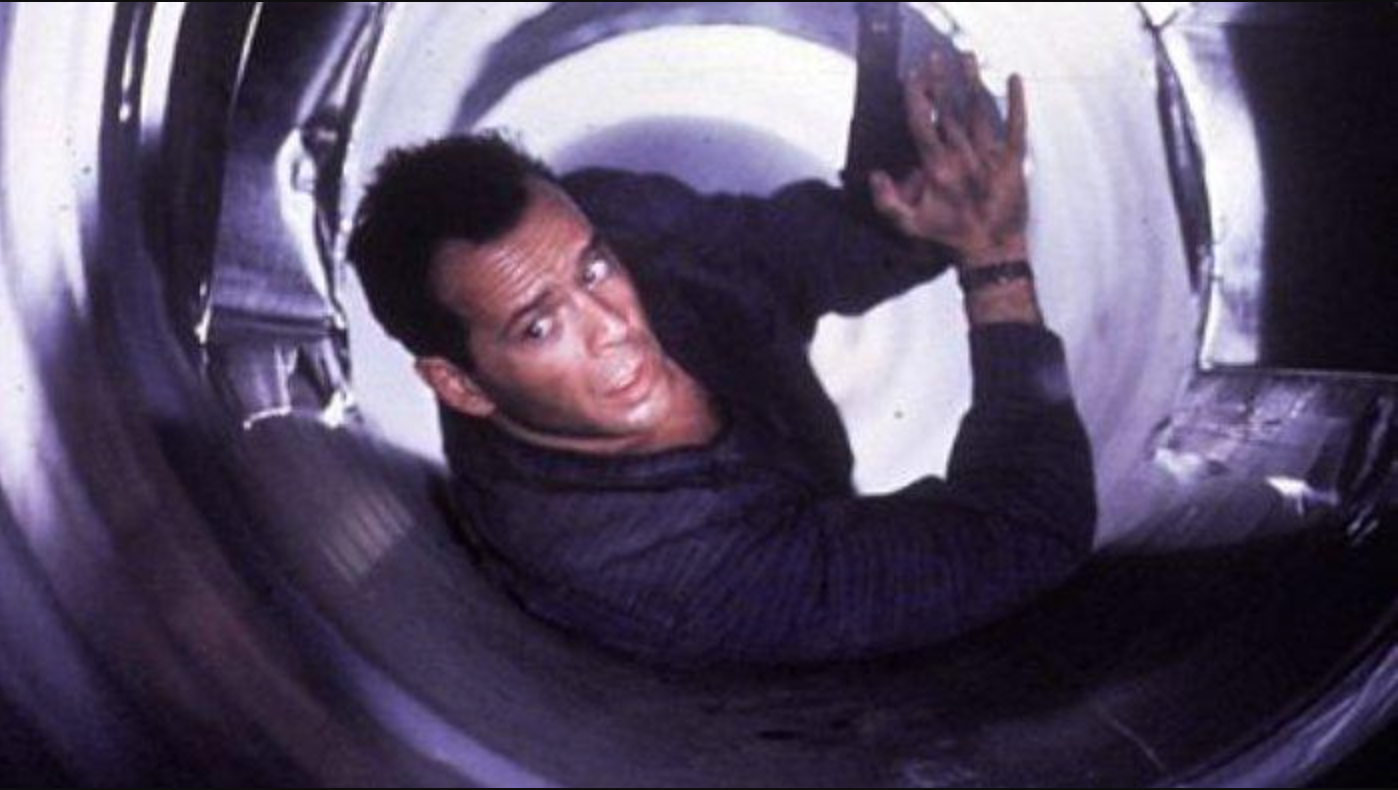
When Ghost was in its early stages of casting, the role of Sam Wheat was offered to Bruce Willis, who declined because he didn’t think the romance aspect would work. Ironically, his then-wife, Demi Moore, went on to star as Molly, opposite Patrick Swayze. Swayze’s heartfelt, vulnerable portrayal made the film an iconic romantic drama. Willis, known for his action-hero persona, might have struggled to convey the same emotional depth, and the film’s legacy might have been very different.

While Keanu Reeves’ portrayal of Jack Traven in Speed is now legendary, the role was originally offered to Johnny Depp, who turned it down, reportedly finding the script too simplistic. At the time, Depp was known for his more offbeat and quirky film choices, preferring roles with depth and artistic edge. Had Depp taken on the part, it’s likely Speed would have had a different, more introspective energy, shifting away from the adrenaline-fueled action that made it a 90s classic. Reeves’ intense, physical performance helped define the film, and his chemistry with Sandra Bullock became a key element of its enduring appeal.

